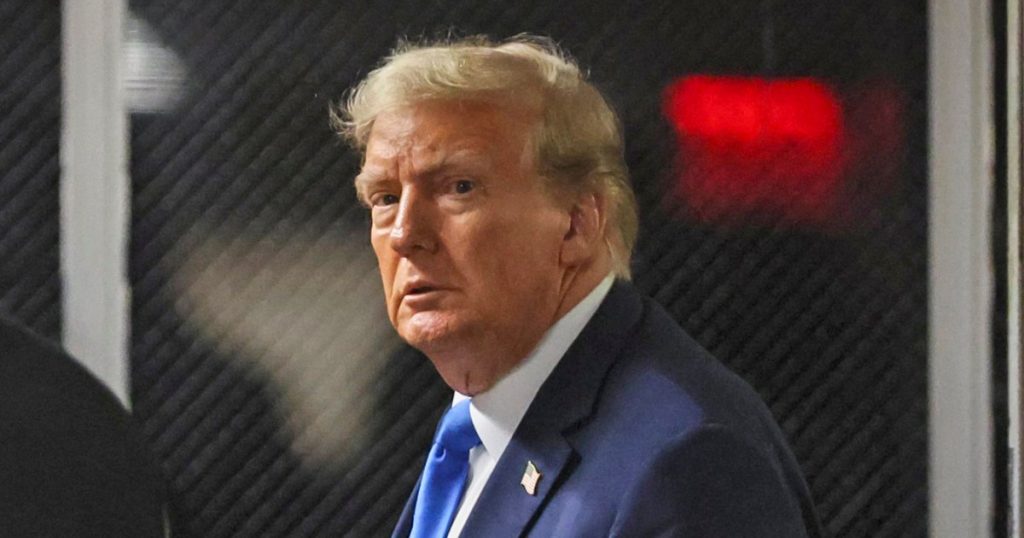The former president Donald Trump recently went on a tirade against Judge Arthur Engoron, who is presiding over his civil fraud trial in New York. Trump complained about being charged for something he claims he is innocent of, stating that the judge should have sent the case to a more appropriate division for complex business trials. Trump also criticized Michael Cohen and the prosecutors for indicting him over what he called a minor legal expense. He expressed frustration that he was unable to campaign in states like Georgia and Florida due to the trial.
During the trial, Trump’s defense team made objections to some of the testimony, showing their efforts to poke holes in the prosecution’s case. David Pecker, a key witness in the trial, testified about his relationship with Dylan Howard and the practices of the National Enquirer. Pecker admitted to engaging in “checkbook journalism” and revealed that the tabloid paid for stories. Trump seemed more engaged as Pecker testified, speaking with his lawyer in an animated manner and paying close attention to the proceedings.
The trial also saw the introduction of key players such as David Pecker and Karen McDougal, both of whom were involved in the alleged hush money scheme to silence stories about Trump’s extramarital affairs. The prosecution painted a picture of Trump as someone willing to pay extra to cover up damaging stories, despite his reputation as a frugal businessman. They highlighted how the catch-and-kill agreements were part of a larger effort to influence the 2016 election.
Trump’s defense team worked to undermine Michael Cohen’s credibility and argued that Trump had no involvement in the hush money scheme. They emphasized the timeline of events and claimed that Trump was not aware of the payments being made. The defense also tried to humanize Trump by portraying him as a family man and a frugal businessman who would not have paid such large sums for the alleged hush money payments.
The prosecution presented evidence to show that Trump was personally involved in reimbursing Cohen for the hush money payments after the election. They argued that Trump and Cohen conspired to influence the outcome of the election and then covered up their actions by falsifying business records. The prosecution also pointed to Trump’s own words and actions, including the infamous “Access Hollywood” tape, to support their case.
As the trial unfolded, Trump continued to voice his frustrations on social media, criticizing the case and accusing the district attorney of bias. Meanwhile, protesters gathered outside the courthouse to demonstrate against Trump. The trial revealed the inner workings of the alleged hush money scheme and the role of key witnesses like David Pecker. In the coming days, more testimony and evidence will be presented as both sides seek to prove their case before the jury.


